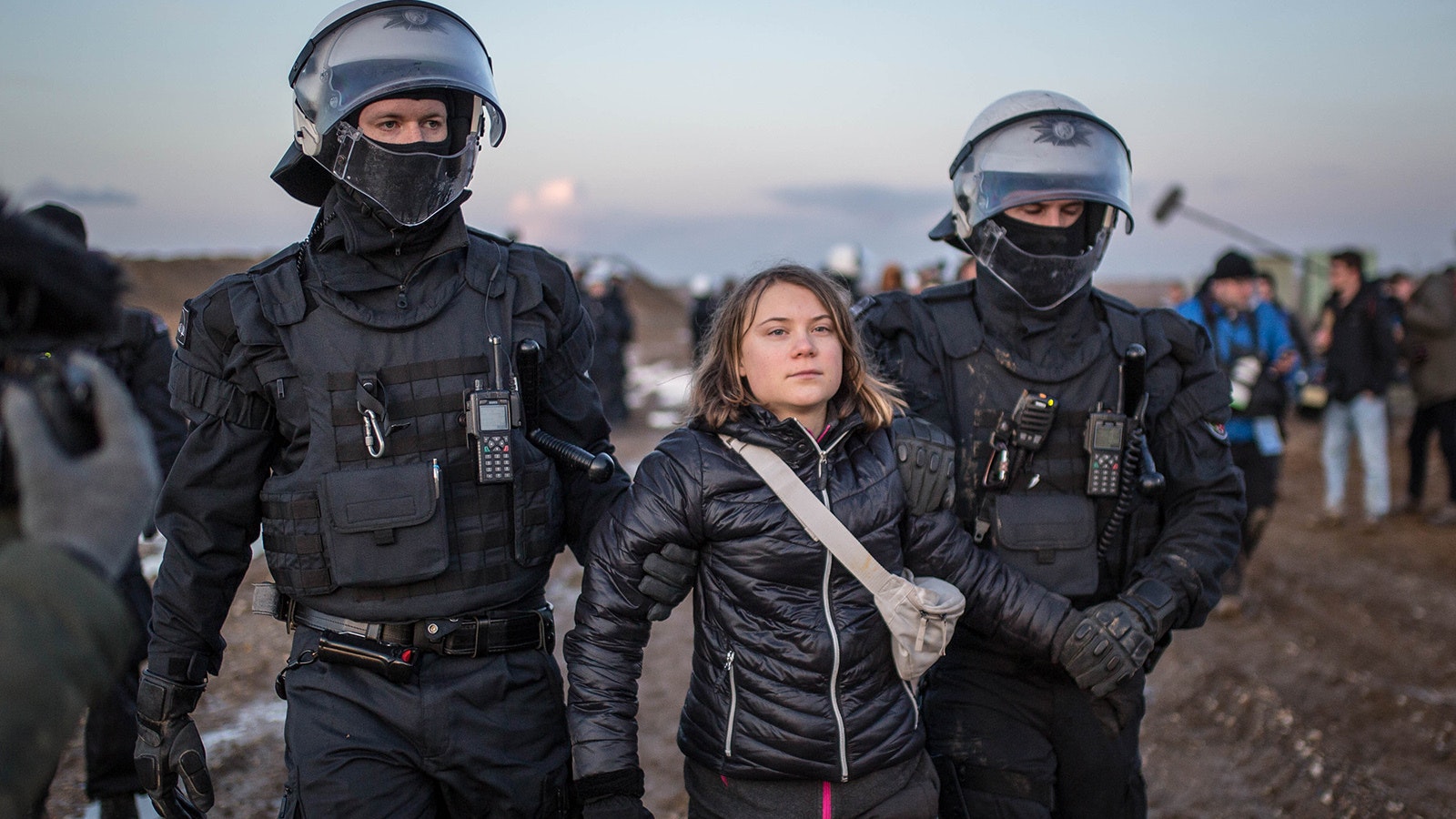If you have any items left on your bucket list, you have less than a week to cross them off.
If a tweet by Swedish climate activist Greta Thunberg pans out, the world will end Wednesday.
On June 21, 2018, Thunberg tweeted a quote from an article in The Grist, an anti-fossil fuel publication. The article stated that a top scientist is warning that climate change will wipe out all of humanity unless we stop using fossil fuels over the next five years.
Now the article and the tweet have been deleted, which may mean that Thunberg and the activists at The Grist have reconsidered their doomsday prediction.
As such, Cowboy State Daily is still planning to publish a newsletter that morning.
What Actually Happened
The article in The Grist was reusing material from a Forbes story on a presentation given by James Anderson, a Harvard University professor of atmospheric chemistry who is credited with determining that chlorofluorocarbons are damaging the Earth’s ozone layer.
Anderson didn’t actually say humanity would be wiped out. He claimed that carbon dioxide levels in the atmosphere were inching toward those of a period when there was no ice on either pole. Anderson predicted that if humanity didn’t enact a World War II-style mobilization to transform all of industry to run without carbon emissions within five years, there would be no recovery possible.
By 2022, Anderson claimed, there was an absolute zero chance that any ice would be left in the Arctic. This, by the way, turned out to be flat wrong.
The claim that humanity would be wiped out by this also doesn’t appear likely.

The End Is Nigh … Again
Predictions of death and destruction in climate science are nothing new.
A list of these predictions are kept on The Extinction Clock, along with those that have passed their dates. Not a single predicted disaster has turned out to be right.
NASA scientist James Hansen predicted that Lower Manhattan would be underwater by 2018.
In his 2007 documentary “An Inconvenient Truth,” Al Gore predicted there’d be no snow on Kilimanjaro within a decade.
The blog “Watts Up With That?” posted a list in 2014 of 107 failed predictions.
Anthony Watts, senior fellow for environment and climate at the Heartland Institute who runs the blog, told Cowboy State Daily that these flawed predictions go back to at least 1989, when a United Nations official was quoted in the Associated Press that entire nations would be wiped off the face of the planet by 2000 because of sea level rise.
Watts said that the people making these predictions base them on a formula that takes a climate trend happening for a few years and extrapolates it out a few decades toward disaster.
“Nature is a chaotic system that works on nonlinear pathways,” Watts said. “Nothing about climate, or weather for that matter, is linear. It’s a very chaotic system.”
Same Old Theory
Watts said the fact both Thunberg and The Grist deleted the bad prediction is indicative of a problem in climate science to not address failed predictions.
“It’s the basis of science that if you make an experiment and the experiment proves you wrong, then you have to change your theory. In the case of these folks, they don’t do that. They just shove it under the rug and keep going with the same old theory,” Watts said.
Watts said he and some colleagues questioned a 2009 study that found warming trends in Antarctica.
“It was absolute rubbish, a statistical smear job,” Watts said.
Watts said he helped with background on a peer-reviewed article published in the Journal of Climate that demonstrated that the warming was primarily on the Antarctic peninsula, an error that Watts had previously written about on his blog.
“They never issued a retraction,” Watts said.
Today, the continent is not experiencing significant melting of its ice sheet, which Watts said is miles thick.
“There are some places along the edges that are melting. But that's what happens when you get glaciers that meet the ocean,” Watts said.
Impacting Mental Health
Podcaster Tom Nelson told Cowboy State Daily that a failure to acknowledge failed predictions is impacting kids’ mental health.
Nelson describes himself as a “climate realist.” On his podcast, he’s interviewed such figures as climate scientist Judith Curry, Greenpeace co-founder Patrick Moore, University of Colorado Boulder professor of environmental studies Roger Pielke Jr. and CO2 Coalition Chair William Happer.
Young people regularly hear that the world is facing some great disaster, but they never hear how often these predictions turn out to be wrong.
“They grow up with no plans to have kids themselves because the world is going to be consumed by hellfire. That really bothers me,” Nelson said.
Nelson said that in Thunberg’s first book, she describes all the anxiety and depression she faced as she began to develop fears that climate change was going to result in the end of the world.
“I think she’s a real-life example of what this stuff can do,” Nelson said.





